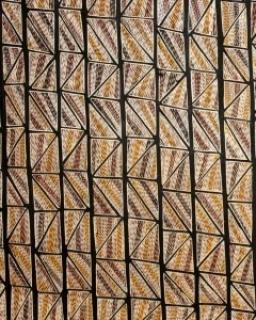
Abstract
The systemic and structural issues that underpin the longstanding policy failures of governments in Indigenous Affairs are central to the nation’s future. The strategic policy choices facing both policymakers and Indigenous interests are complex and challenging. Our aim is to provide a high level and accessible overview of the policy and political forces which operate in the Indigenous policy domain. We begin with an analysis of the lessons of the last 30 years which emerged from the nation’s experiment with a legislated Indigenous voice from 1990 through to the mid 2000s when the Aboriginal and Torres Strait Islander Commission (ATSIC) came into existence, and was ultimately dismembered and disbanded. We then turn to the current national debate on future Indigenous policy around the Uluru Statement from the Heart and the proposals for a constitutionally entrenched national Indigenous Voice to Parliament and a truth telling process termed a Makarrata. We draw on the emerging literature on political settlements to develop the argument that Indigenous exclusion is deeply structural in nature, and will not be easily reversed by a single policy or constitutional change. We examine a number of case studies of systemic exclusion. It will require systemic reform, which given the risks will need to be pursued incrementally and sustained over time. We provide a high level overview of the steps leading to the current state of play in constitutional recognition of Indigenous peoples in Australia, and make various suggestions for the design of the proposed Indigenous Voice, drawing in the first instance on the lessons from the nation’s experience with ATSIC. We conclude that while greater inclusion in key national institutional frameworks will be challenging, it is also the only way forward that is truly in the national interest.
DOI or Web link
https://openresearch-repository.anu.edu.au/handle/1885/164010File attachments
| Attachment | Size |
|---|---|
| PolicyInsightsPaper1_2019_.pdf(1.18 MB) | 1.18 MB |